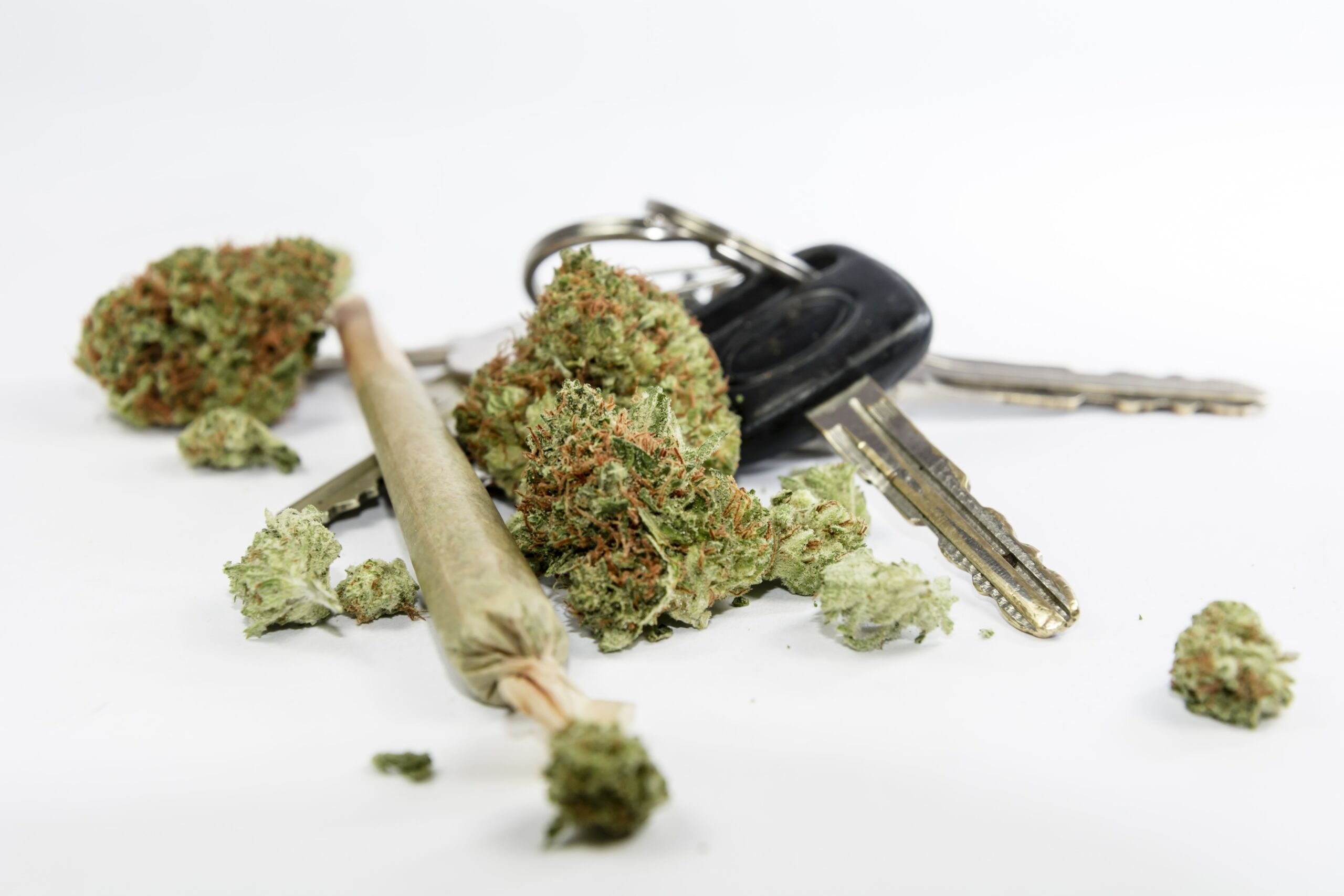
In Arizona, DUI cases involving marijuana are punishable by jail time, large fines, and drug treatment. Moreover, in Arizona, prior to the passage of Prop 207 in the November 2020 election, a person could be charged and convicted simply because he or she had THC (marijuana) metabolites in his or her system, regardless of whether he or she was impaired at the time of driving. This, of course, is especially problematic for persons who regularly use marijuana, since THC metabolites are detectable in bodily fluids as long as 30 days or more after use. Most people would agree that is not fair. That is why, in some cases, it is imperative that such persons have the right to have their cases decided by a jury of their peers. The right to trial by jury is, therefore, crucial and Tom has fought hard to protect that right.
In Arizona v Ming, a DUI case decided by the Arizona Court of Appeals, Tom was successful in arguing for an extension of the right to trial by jury. Before he was hired, the defendant failed to show up for a DUI city court trial and he was convicted after a trial was held in his absence. He hired Tom after the conviction, and Tom appealed to the Coconino Superior Court. The city court was not able to produce a transcript of the trial and Tom requested a de novo (new) trial by jury. The City Attorney argued that the client was not eligible for a jury trial because he did not invoke that right during the city court proceedings (most marijuana DUI cases are handled by city courts and justice courts).
Tom argued that he did have that right because the Superior Court proceeding had to be de novo and that whatever happened at the city court level was irrelevant. Tom won the case and the City Attorney’s Office appealed to the Arizona Court of Appeals. That court upheld the decision, and the DUI charges were eventually dismissed. As a result, the right for a person charged with marijuana DUI to have their case decided by a jury of their peers has been significantly strengthened.
